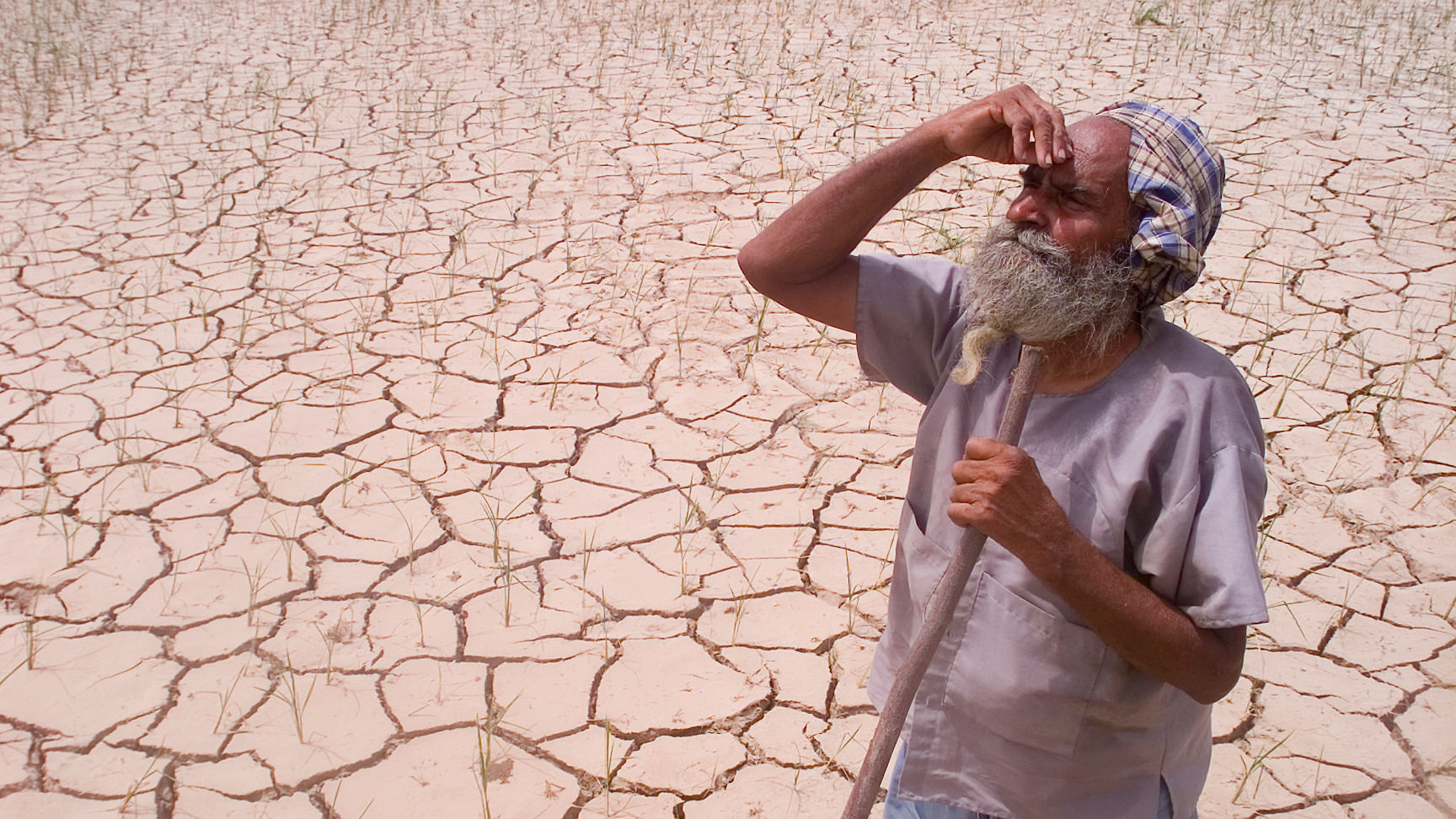Water Shortage Will Shrink India’s Economy: World Bank
Water is of course at the centre of life, but it’s also at the centre of economic activity.

For World Environment Day 2016 on June 5th, The Quint brings you a series of stories on the state of water in India. The past couple of years have been drier than usual. Weak monsoons had devastating consequences for farmers across the country. Follow our World Environment Day coverage for a look at the water situation in India.
This piece was originally published on 4 May 2016.
Economies across large swathes of the globe could shrink dramatically by mid-century as fresh water grows scarce due to climate change, the World Bank reported on Tuesday.
The Middle East could be hardest hit, with its gross domestic product slipping as much as 14 percent by 2050 unless measures are taken to reallocate water significantly, the Washington-based institution said in a report.
Such measures include efficiency efforts and investment in technologies such as desalination and water recycling, it said.
It also can reduce mountain snow pack that provides water, and the melting of inland glaciers can deplete the source of runoff, they say. Also, a rise in sea level can lead to saltwater contaminating groundwater.
Fresh water shortages could take a toll on sectors from agriculture to energy, the World Bank said.
Water scarcity would not have the same impact worldwide, and Western Europe and North American economies would likely be spared, according to the World Bank models.
But rising economies such as China and India could be hard hit, it said.
In the Sahel belt that stretches across Africa below the Sahara, GDP could well dip some 11 percent with water scarcity, the World Bank said. A similar impact would be felt in Central Asia, it said.
But measures to reallocate fresh water could show gains in some regions, the bank said.
For example, a shift in allocation could lead to GDP growth of about 11 percent by 2050 in Central Asia, the bank said.
The World Bank also advocated pricing water consumption, a proposal that has stirred controversy and is opposed by those who do not think water should not have any price tag.
About a quarter of the world’s population, or some 1.6 billion people, live in countries where water already is scarce, according to the World Bank.
Last month, 175 nations signed a deal reached last year in Paris to slow global warming and cut greenhouse gas emissions.
Water scarcity is a major global concern. This story is part of The Quint’s #WaterBucketChallenge campaign for World Environment Day 2016. Join us in trying to save water one bucket at a time using our hashtag and make sure you tag us too!
(At The Quint, we are answerable only to our audience. Play an active role in shaping our journalism by becoming a member. Because the truth is worth it.)